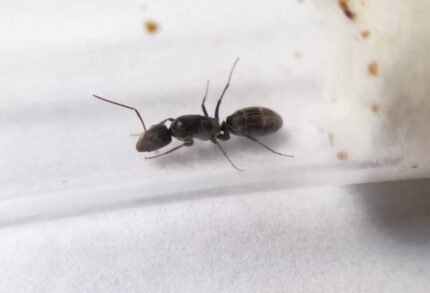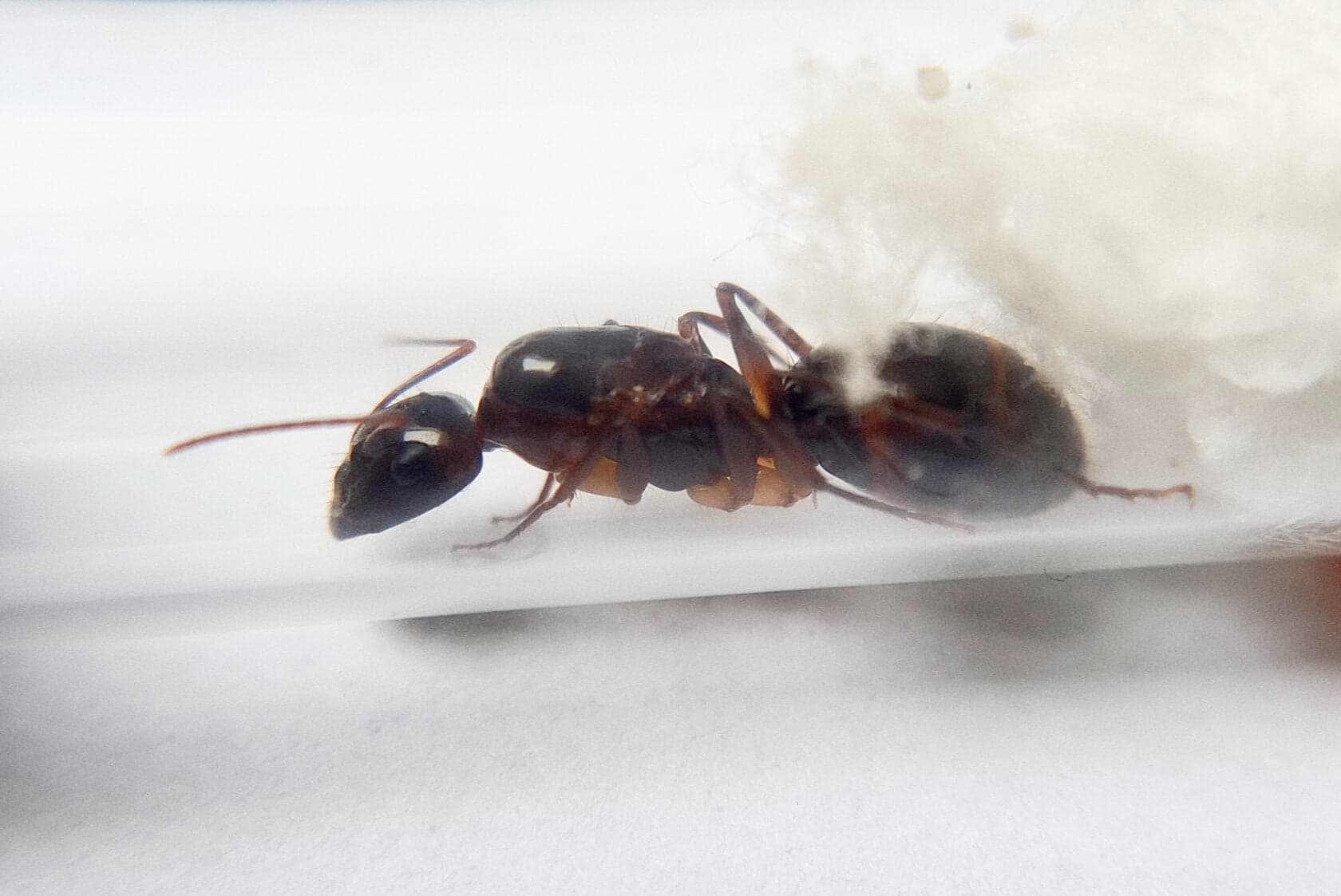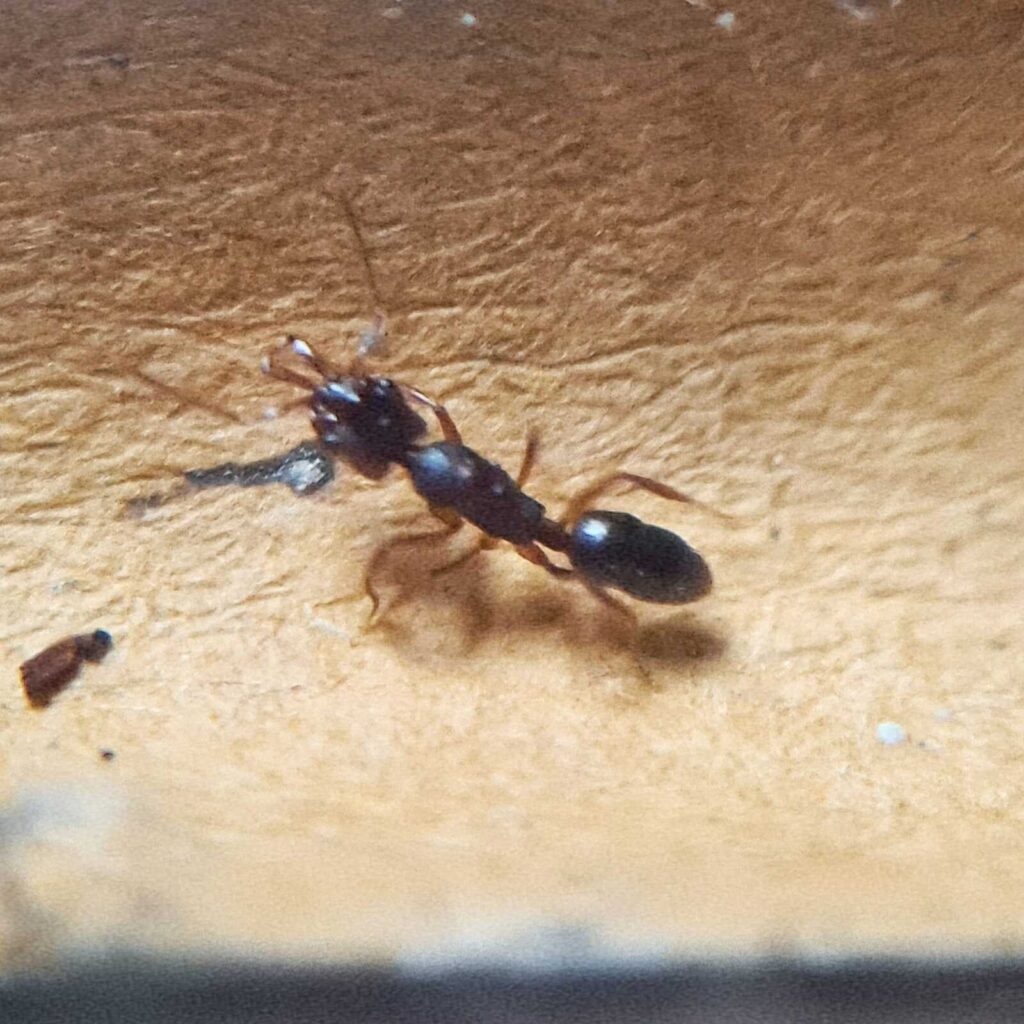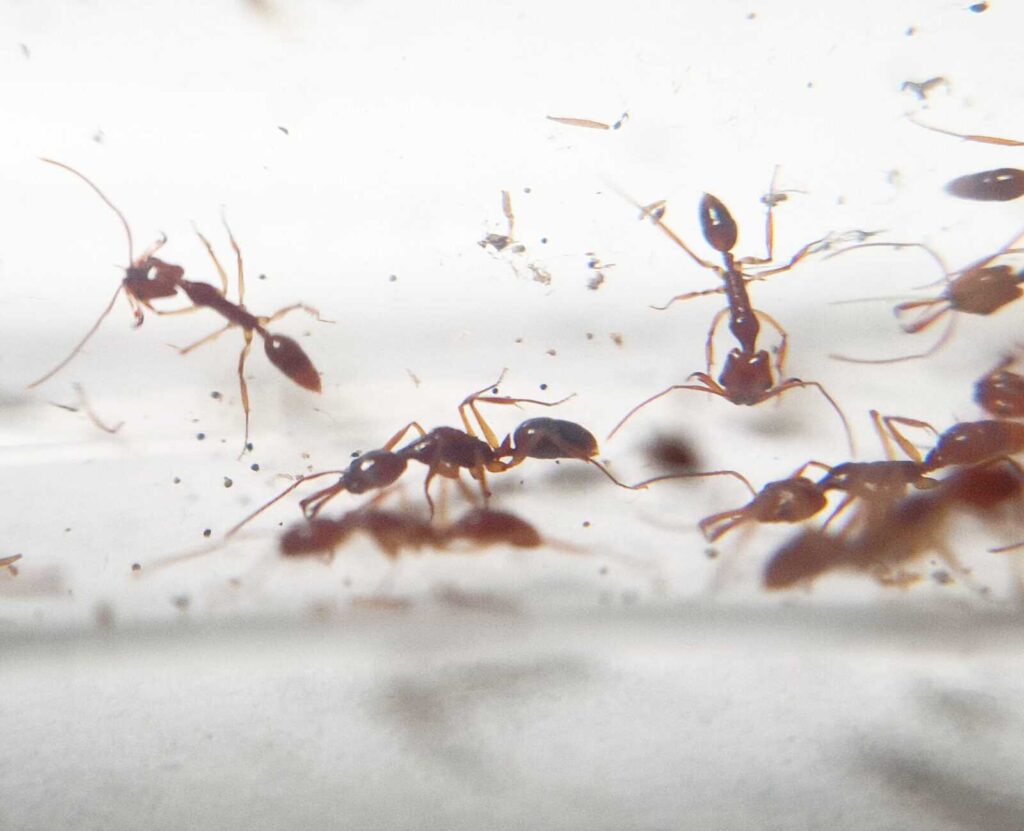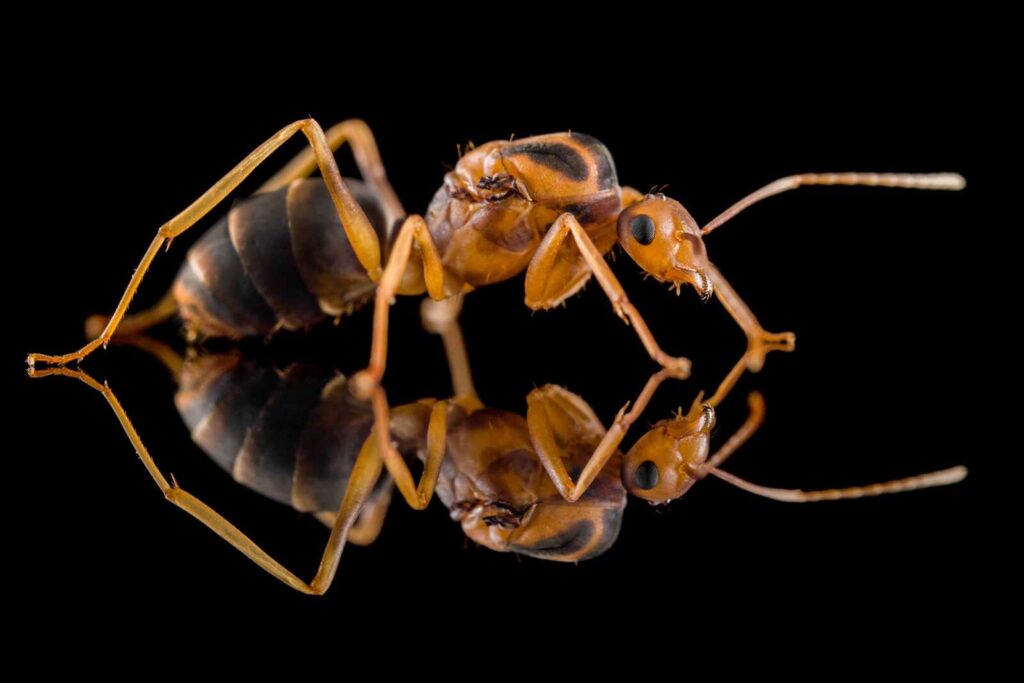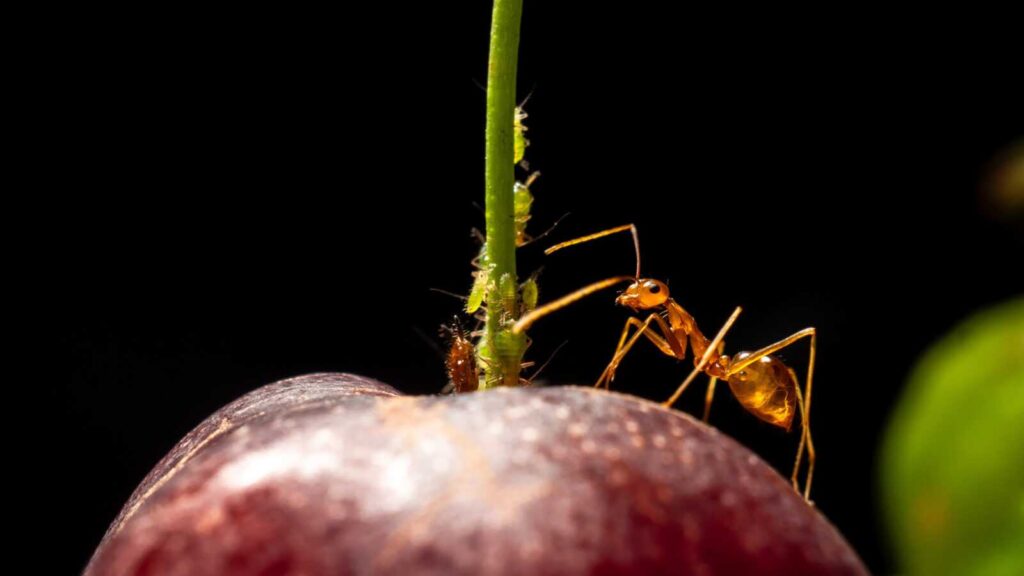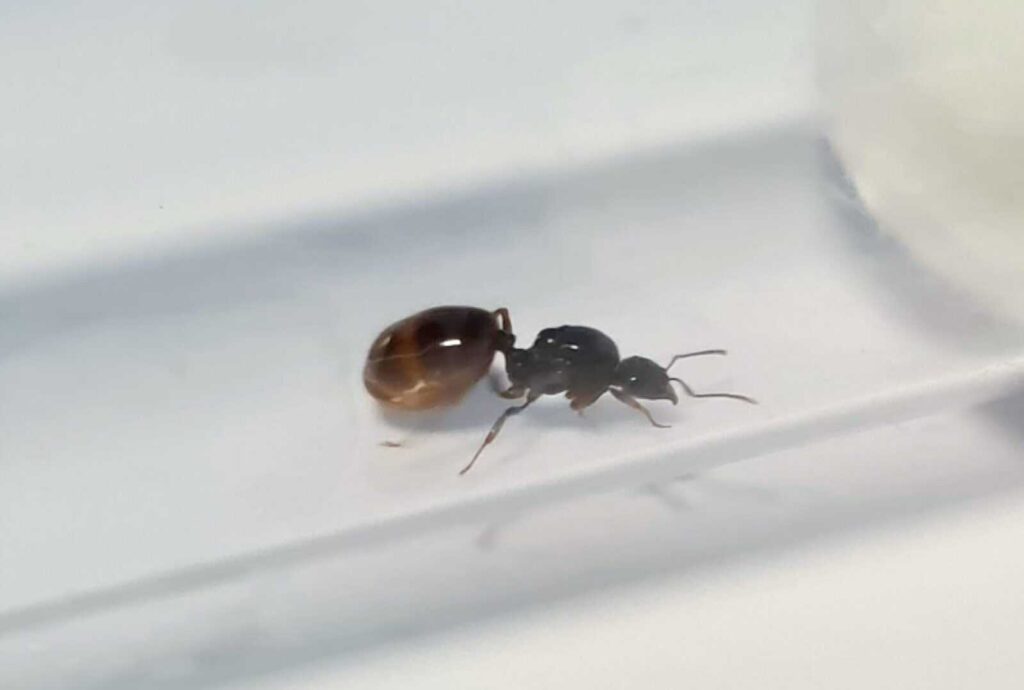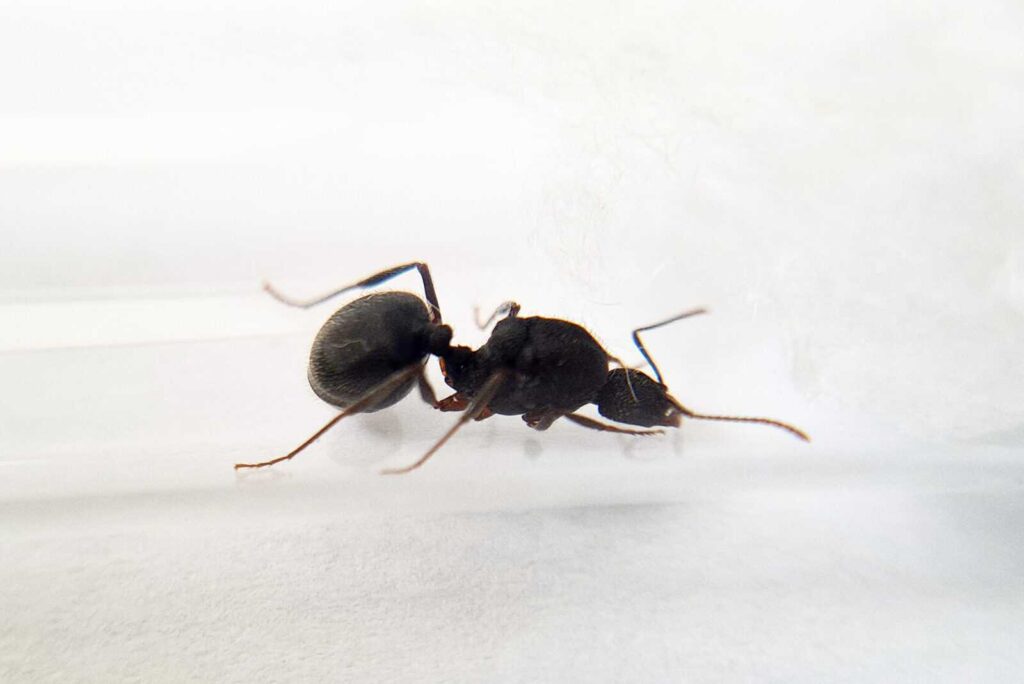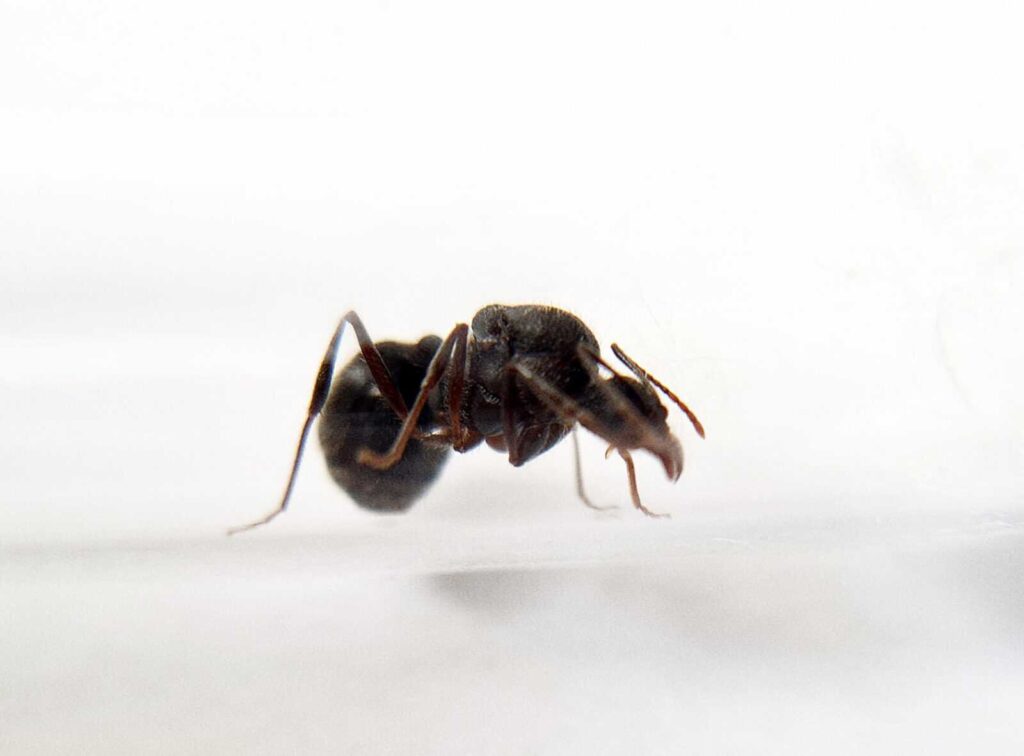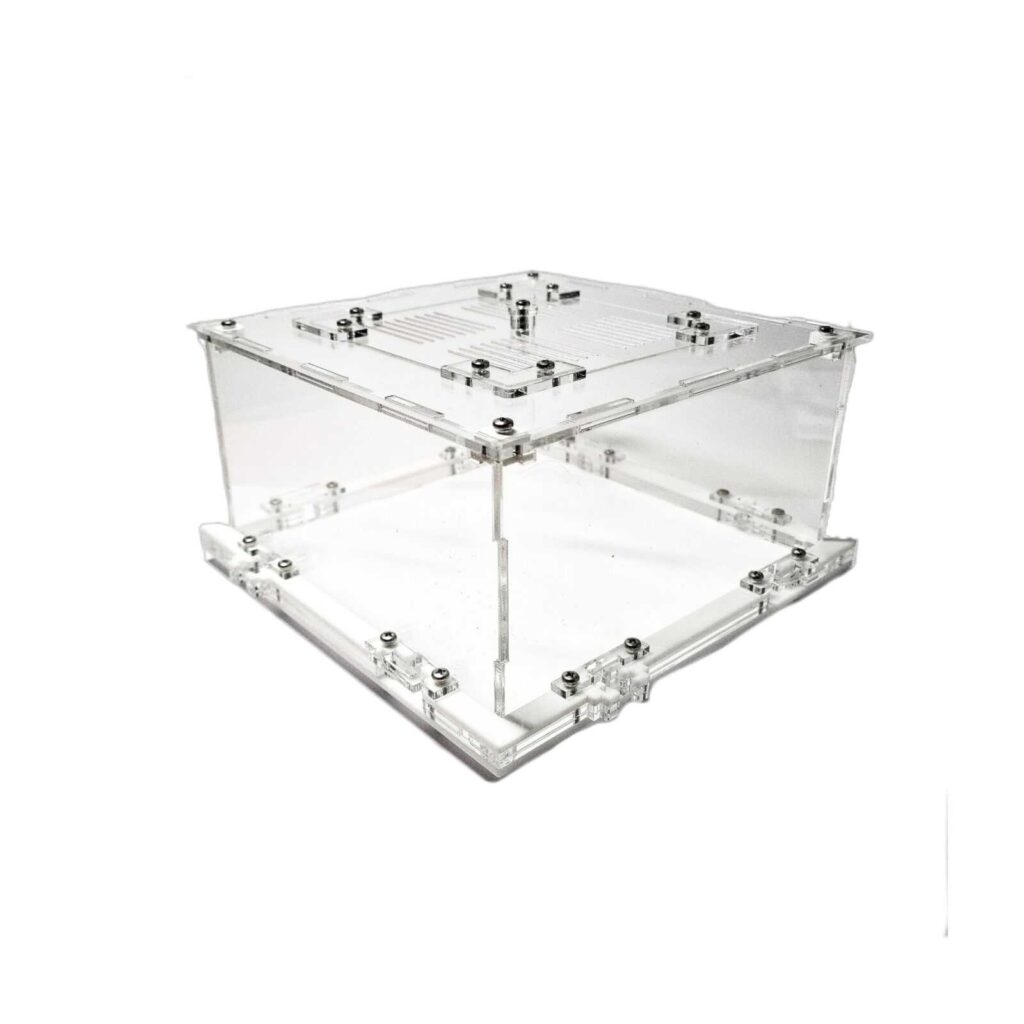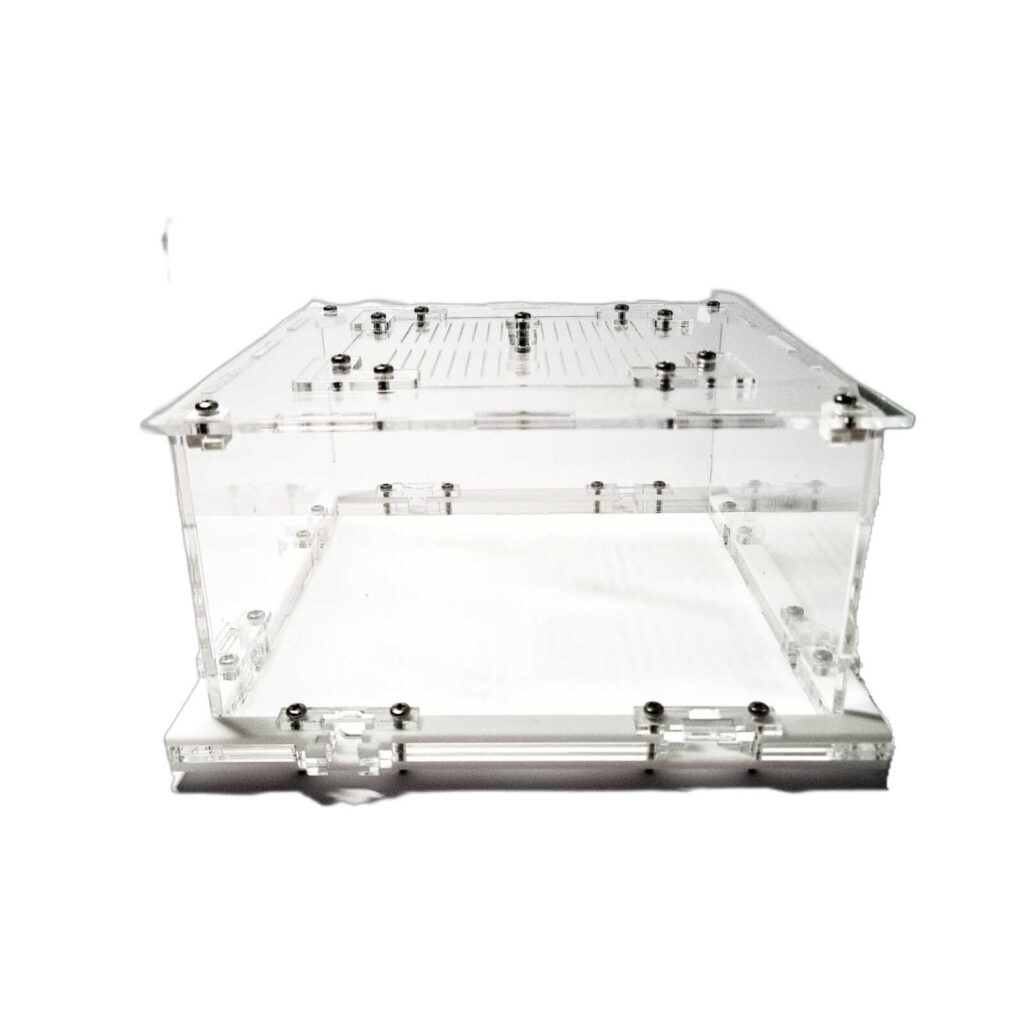Camponotus wytsmani
479,90 zł – 599,90 zł
Worldwide shipping
Free delivery over 500 PLN
The highest quality of goods
Live delivery guarantee
24/7 Personal Support
Fair Prices
Description
Camponotus wytsmani, a beautifully colored ant species, is the perfect addition to your ant farm. This product description explores their colony type, size, development speed, nutrition, and recommended nests for breeding to provide a unique and fascinating experience.
Additional information
| Behavior | |
|---|---|
| Difficulty in breeding | |
| Origin | |
| The size of ants | |
| Wintering |
Camponotus wytsmani: A Unique and Visually Striking Ant Species for Your Ant Farm
If you’re looking to add a unique and visually striking ant species to your ant farm, look no further than Camponotus wytsmani. These ants are known for their vibrant reddish-brown bodies and contrasting dark-colored heads and abdomens, making them a visually captivating species to observe.
Colony Type: Monogyny
Colony Size: Up to 4000 workers
Development Speed: medium
Size and Color:
- Queen: 14-16 mm
- Workers: 6-9 mm
- Majors: 9-12 mm
Color: Brown
Nutrition:
- Food insects (such as cockroaches and crickets) dead, or live if colony is big
- Syrup (a mixture of water and honey or sugar, with a ratio of 4/3 water:1)
- Fruits and vegetables
- Jelly
- Cooked chicken without salt, shrimps
- Honey
Humidity and Temperature:
- Humidity: Arena: 40-60%, Nest: 50-60%
- Temperature: Arena: 22-28 °C, Nest: 22-26 °C
Ideal Nest Conditions for Thriving Camponotus wytsmani
When selecting a nest for your Camponotus wytsmani ants, it is important to consider their specific needs. These ants prefer nests with a combination of dry and moist areas, as they require humidity to thrive.
An ideal nest setup for Camponotus wytsmani should include both a dry chamber and a moist chamber. The dry chamber provides a place for the ants to store food and raise their brood, while the moist chamber helps maintain the necessary humidity levels.
A popular choice for Camponotus wytsmani nests is a formicarium. Formicariums are specially designed ant habitats that incorporate different chambers, tunnels, and areas for easy observation and maintenance. They typically include options for both dry and moist areas, allowing ant farm owners to create an environment that closely resembles the natural habitat of Camponotus wytsmani.
In Conclusion – A Rewarding Species for Ant Enthusiasts
In summary, Camponotus wytsmani is a unique and visually appealing addition to any ant farm. With their beautiful coloring and fascinating behavior, they provide hours of observation and enjoyment for ant enthusiasts. Their monogynous colony type ensures a peaceful and stable environment, while their various sizes and specialized roles add depth and diversity to the colony. With a relatively fast development speed, balanced diet requirements, and specific nest preferences, Camponotus wytsmani are a rewarding species to care for and observe in an ant farm.
So why wait? Start your Camponotus wytsmani collection today and embark on a captivating ant-keeping journey like no other. For more information on ants and ant farms, visit our ant category on AntOnTop.com.


